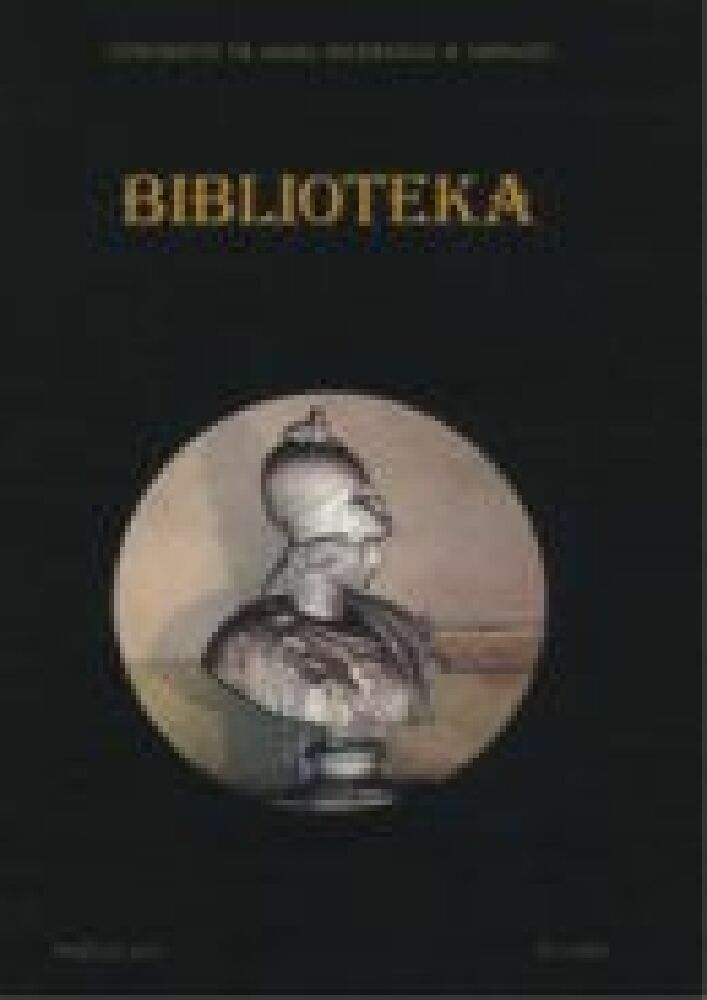Abstract
Contemporary libraries of the twenty-first century are characterized by a marked fluctuation of roles and functions commonly ascribed to them. Librarians are expected to be capable of anticipating them and addressing them appropriately in order to satisfy the requirements set up by users. This article is an attempt to discuss the most important changes that have hitherto been done and to indicate those areas of the activity of research, academic, public and, to a lesser degree, school libraries in which those changes will be particularly pronounced. Anticipated roles and tasks within the management and access to resources, building up own electronic resources and their processing, library space, embarking on tasks hitherto not regarded as strictly ''library" tasks as well as the most important changes in the author's view such as those to be introduced in user services, in-service trainings, education and propagation of knowledge are discussed in the article. The author believes that the new functions, on par with those already existing, should be subjected to actual users, but also to potential ones, even deeper than before. This should effect in creating the library environment as a ''meeting place", some kind of a social space to perform entirely new functions superimposed onto traditional ones in the library information. The new functions will include performing new cultural, educational, social, artistic and communal tasks carried out with a co-operation with other libraries, scientific, educational and cultural instructions. Additionally, the problem of changes in work force management, so vital in the supposed and anticipated transformation of the library and its functions, is evaluated and discussed.License
Copyright (c) 2007 Artur Jazdon

This work is licensed under a Creative Commons Attribution-ShareAlike 4.0 International License.
Utwory opublikowane w czasopiśmie Biblioteka, na platformie Pressto należącej do Uniwersytetu im. Adama Mickiewicza w Poznaniu od 2015 roku są udostępniane na
licencji Creative Commons Uznanie autorstwa-Na tych samych warunkach 4.0 Międzynarodowe.
Tym samym wszyscy zainteresowani są uprawnieni do korzystania z utworów opublikowanych po 2015 roku pod następującymi warunkami:
- uznania autorstwa czyli obowiązek podania wraz z rozpowszechnianym utworem informacji o autorstwie, tytule, źródle (odnośniki do oryginalnego utworu, doi) oraz samej licencji
- na tych samych warunkach — remiksując utwór, przetwarzając go lub tworząc na jego podstawie, należy swoje dzieło rozpowszechniać na tej samej licencji, co oryginał.
Uniwersytet im. Adama Mickiewicza w Poznaniu zachowuje prawo do czasopisma jako całości (układ, forma graficzna, tytuł, projekt okładki, logo itp.).
Autor zachowuje prawa majątkowe, ale udziela zgody Uniwersytetowi im. Adama Mickiewicza w Poznaniu na wykorzystanie dzieła. Autorzy tekstów zakwalifikowanych do publikacji proszeni są o wypełnienie podpisanie i przesłanie umowy.
Jeżeli autor artykułu nie jest przekonany, że może wykorzystywać cudze utwory (np. ilustracje, fotografie, tabele) w ramach cytatu we własnej tekście musi dostarczyć do redakcji czasopisma zgodę od uprawnionych podmiotów.
Prawa są zastrzeżone do wszystkich tekstów opublikowanych przed rokiem 2015.





